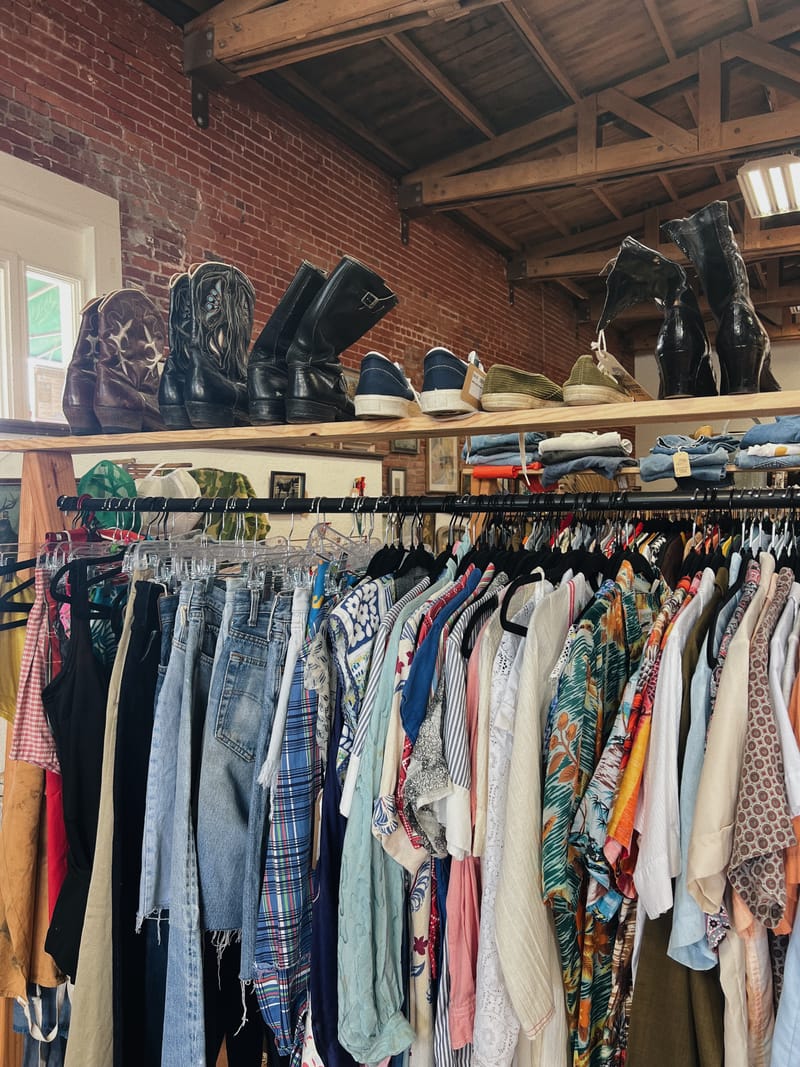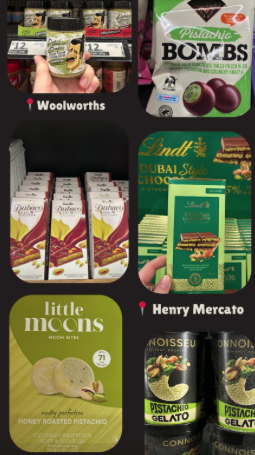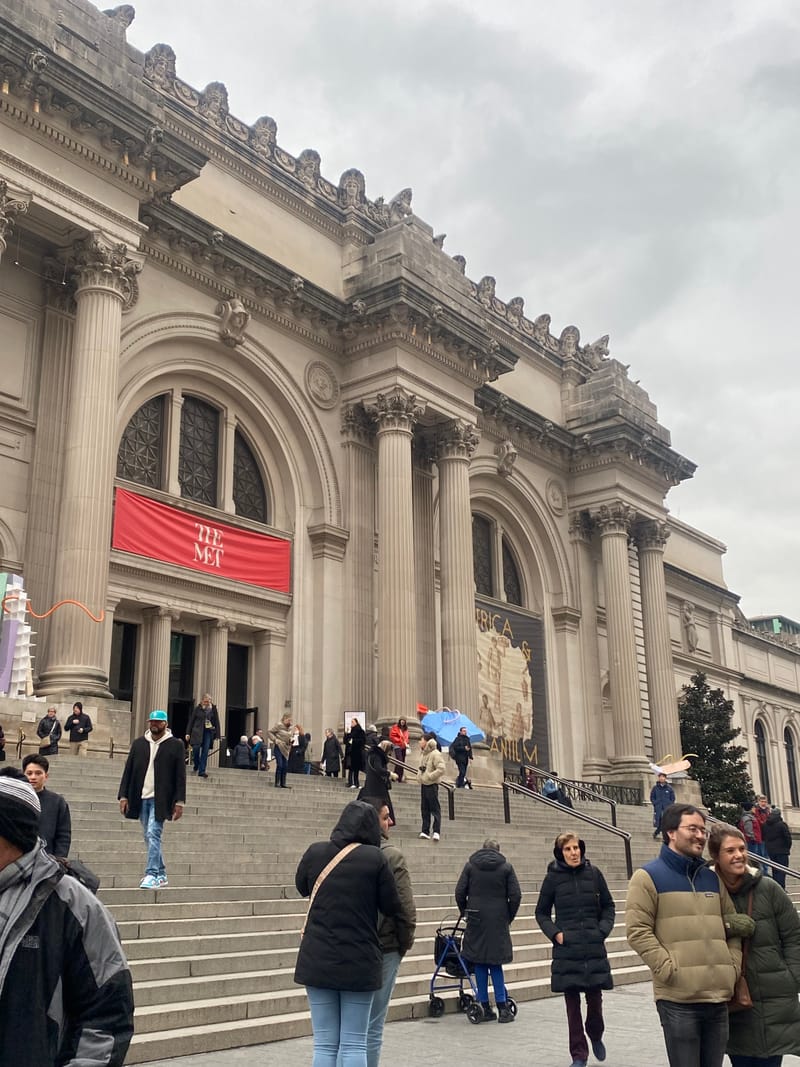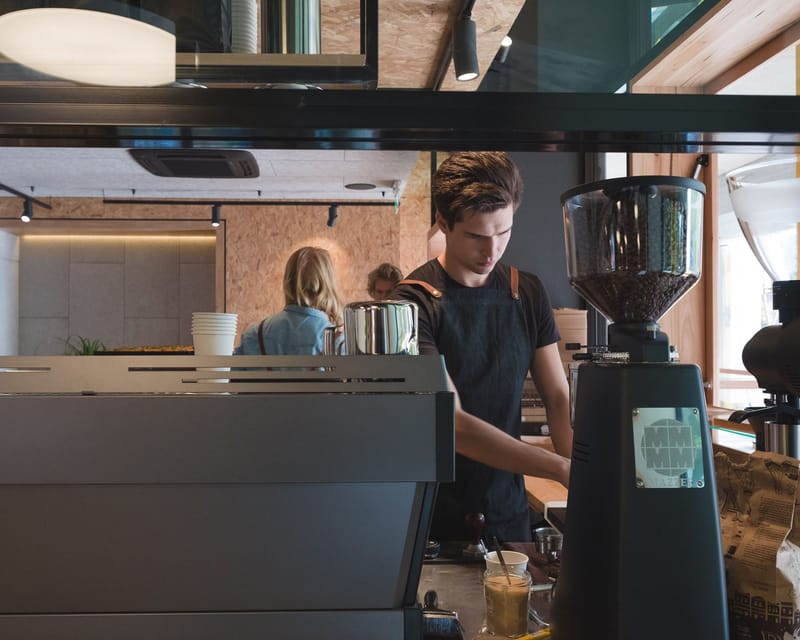Designers develop fashionable cure-all for mandatory face masks
Melbourne designers are meeting a surge in demand for reusable fabric face masks since face coverings became mandatory in Victoria on July 22.
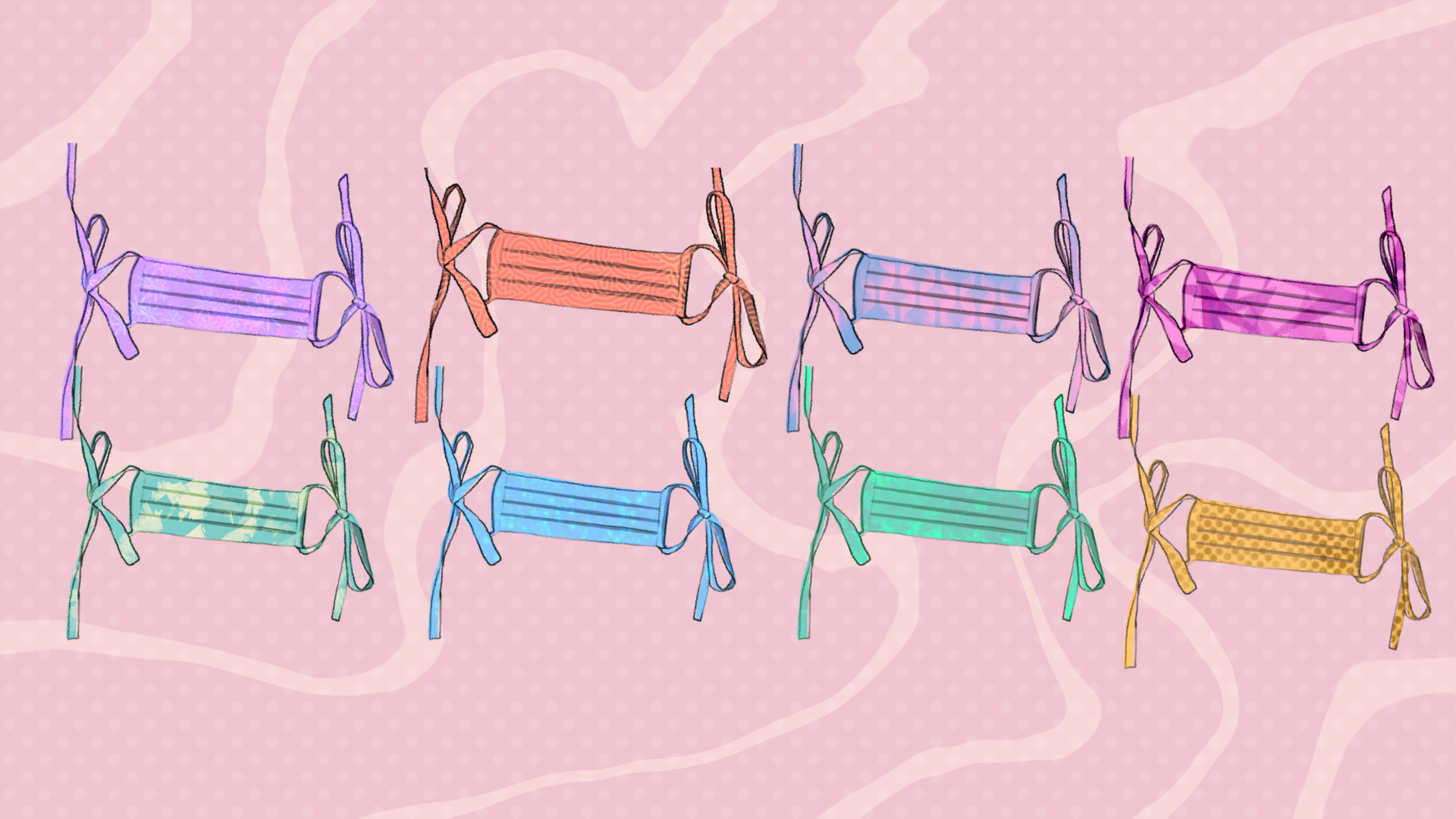
BY STEPHANIE CHADWICK
There has been a surge in popularity for reusable fabric face masks since the Victorian Government made face coverings mandatory on Wednesday, July 22.
Many fashion labels have altered production to accommodate the increased demand for face masks.
It is estimated the global consumption of disposable PPE gear is 129 billion face masks and 65 billion plastic gloves every month, as people strive to combat COVID-19.
Founder and designer of Melbourne-based label JENEV, Jennifer Georges, has been producing large quantities of fashionable masks for her customers during the pandemic.
Ms Georges said she identified a gap in the market for comfortable, breathable, and protective masks that were also stylish.
“As soon as the Victorian government announced that face masks were now compulsory in Melbourne, I was instantly overwhelmed with demand for my face masks,” Ms Georges said.
“The first week was pretty wild, I ended up having to upgrade my humble little notebook to an excel spreadsheet to manage all my orders.”
Initially, Ms Georges was designing masks for her relatives who work in the medical field, before offering them to JENEV’s followers on Instagram.
“I knew it was time I had to be innovative and think of pieces that would be beneficial to my customers in the current climate.”
JENEV sees it as their duty to bring positivity to their customers and they are currently seeking to do this through their stylish face masks.
“These are the little things that I hope can brighten up our days amidst this pandemic.”
Ms Georges has attracted a loyal following of fashion-forward mask wearers through JENEV’s Instagram.
Leah Price is one of many Victorians who swapped from disposable face masks to reusable fabric masks.
“The biggest difference for me was feeling as though I could wear my mask comfortably for longer,” Ms Price said.
“I love being able to pick a style of mask depending on my outfit during lockdown, even if it is just to go to the supermarket.”
The knowledge that disposable face masks were having a negative impact on the environment also contributed to Ms Price’s decision to swap to reusable face masks.
“I felt so guilty using a disposable mask and felt so much better making the switch to a fabric mask, throwing away a mask after every use feels incredibly wasteful,” Ms Price said.
“The disposable masks very quickly feel uncomfortable and used. I prefer a fabric mask a lot more.”
Designer Ashiya Omundsen also began creating masks for her sustainable Melbourne based brand Par Moi.
“Par Moi is a collection of pieces designed and made to order by me from surplus and headstock materials,” Ms Omundsen said.
All Par Moi masks are designed, drafted, cut and sewn by Ms Omundsen in Melbourne using materials that minimise the brand’s carbon footprint.
“It was also a good way to use up some remnants and off-cuts to make something that was needed,” Ms Omundsen said.
“Sustainable practices are at the core of what Par Moi is about.”
The face coverings produced by designers like JENEV and Par Moi allow consumers to engage in sustainable fashion practices while supporting public health.


